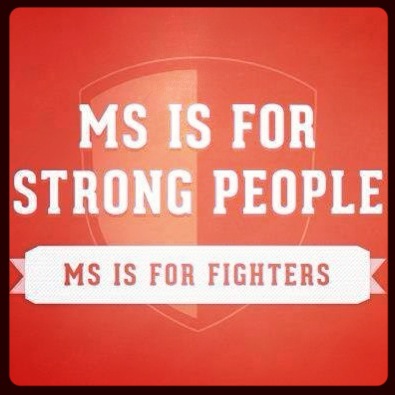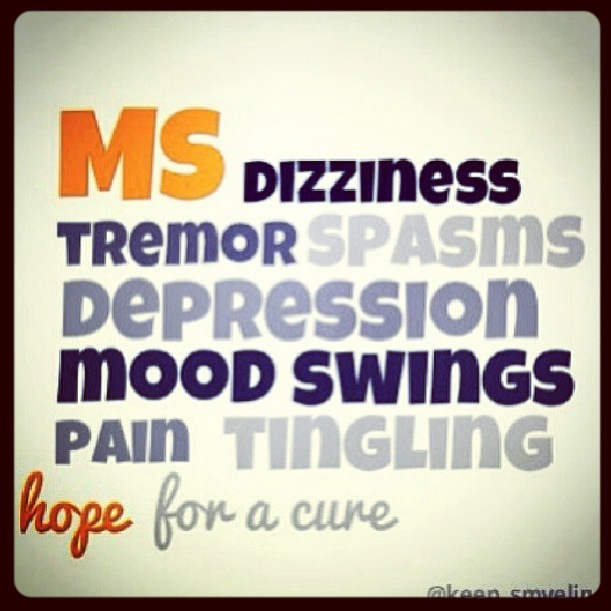Suicide and MS
/Guest Blog by Jennifer Digmann
I would like to thank Jennifer as this is her post that she wanted me to share as she was inspired and encouraged by my recent blog on Euthanasia to create the dialogue needed for such a post by using her own personal experiences and views. Please visit her and her husbands website to learn more about them and their story as it is quite remarkable. Don't forget to share and comment on this post with your views on the subject.
Respectful Acknowledgment and Understanding
On March 8, 2013, Lorraine Babic hanged herself. The get reading article explained how Babic, 57, took her own life after battling with Multiple Sclerosis for nearly 40 years. Her husband was quoted saying, “Lorraine was able to carry on as normal life as she could despite all of this, but at the end of the day there came a point where she must have decided she couldn’t go on.” He continued by saying, “I just believe there was a fraction of a second in which she felt, ‘I am going to take control of this situation’.”
Her story caused me sadness, and brought up difficult thoughts and questions. Interesting how the death of a woman I never knew or even had the opportunity to meet could do that. I felt sad for Lorraine and her family because their lives were forever altered by this awful disease, and because MS made her life so unbearable that she chose to end it. Her death also made me sad because my husband, Dan, and I each have Multiple Sclerosis. Living with MS, a frightening and potentially debilitating chronic illness, for the past fifteen years has been tough. I’ve watched my body betray me time and time again. From not being able to pick up my feet to operate gas pedals and safely drive a car, to not picking up my feet to walk and move forward (yes, that double entendre phrasing is intentional), to no longer be able to control my hands to put on earrings, button or zip my own pants.
To be honest, living with such a cruel chronic disease has at times made me question whether my life was worth carrying on. I was losing control. But just when I thought the most about giving up, I’d learn about medical progress that has been made or about hand controls for driving, wheelchairs that enable my body to move forward or other pieces of adaptive equipment to help me complete some simple task MS has made not so simple. Problem solved, right? If only it was that easy.
Realities we all face
When I look back over years past, I realize that I had most of my darkest thoughts when I was still able to walk and drive. I believe that it was a fear of the unknown, questions like “what if?” behind some of my darkest thoughts. I could not see a future worth living—a future that could hold so much greatness. In those moments I couldn’t see the greatness that I since have found in my life, such as seeing another beautiful sunrise or sunset, accomplishing the longtime goal of attending and finishing graduate school, finding and marrying a wonderful man, or being lucky enough to meet and share this journey with so many others who also battle this damn disease.
I ask that aforementioned wonderful man for help, on average, about twenty times during a typical morning. Dan helps me pick up things that I’ve dropped and am unable to reach without the aid of my grabber, which never is close at hand when it is needed. He also helps me shower, fix my hair and get dressed all before he heads off to work five days a week. But that’s life, right?
Well, it is our life now and has been this way throughout all eight years of our marriage. Yes, it is difficult and frustrating and sad to live in a body that is a shell of what it once was, but it could be worse. And I try to remember that and focus on the good, because yes there is good. A friend of mine used to say, “Every day you wake up above ground is a good day,” which is true but sometimes it is just not that simple. Really it should be, but it is not. Especially when I get stuck inside my head with thoughts of what could have been or what could happen in the future. In fact, Dan and I were having this scary “what if” talk just the other day. It went something like, “You know Jen, I better stay healthy or we’re both pretty screwed.” To which I said, “Yes Dan. That is the truth.”
We both know it, but neither of us obsesses on that thought. Truth is, in life aren’t all humans (even people who don’t have MS) only one incident away being pretty screwed? I am not trying to belittle this reality, and I’m not trying to belittle the pain Lorraine Babic felt or the pain that drives a person to ending his or her life. I’m just admitting that occasionally I get scared, and even those dire thoughts have entered my mind. Not that I would end my life, but if I cannot acknowledge having those thoughts, how can I understand myself and empathise with others?



















